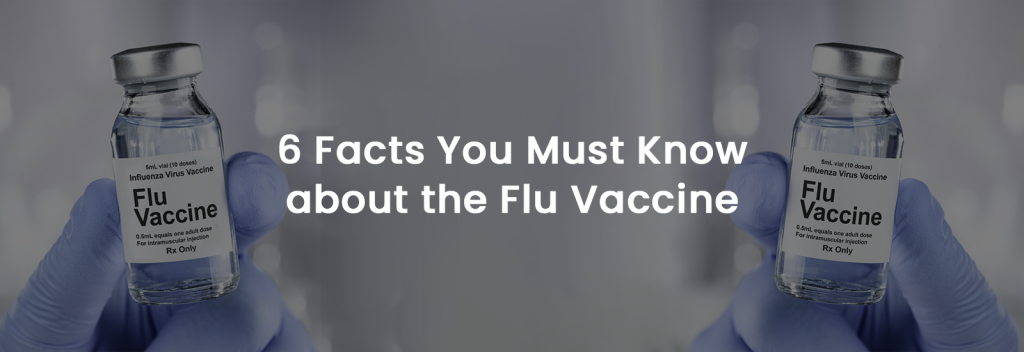It’s that time of the year when the weather begins to cool down and the kids are heading back to school, but have you remembered to get your annual seasonal flu shot? If you haven’t done so yet, then we suggest that you put that on your check list in the next couple of weeks! Flu season in the United States can begin as early as October and last as late as May, leaving you completely vulnerable.
It is important that you are vaccinated because it reduces your risk of getting the flu, resulting in a lesser chance of passing it to others.
- Who should be vaccinated? Everyone who is 6 months and older should be vaccinated. Young children, pregnant women, the elderly and patients with chronic illnesses are more susceptible to contracting the flu, therefore making it even more important for them to get the shot.
- When should you get vaccinated? You should try and be vaccinated by the beginning of October, which is typically around the same time the vaccination becomes available to the public.
- Can I still get the flu even after being vaccinated? It is still possible to be infected even while vaccinated. A person’s vulnerability to the flu depends on their age and health status. However, if you do get infected with the flu and have been vaccinated, you may have a shorter duration of illness and/or less severe symptoms.
- How does this vaccine work? Flu vaccines cause antibodies to develop in the body about two weeks after vaccination. These antibodies provide protection against infection with the viruses that are in the vaccine.
- How long do these vaccinations last for? The reason as to why it is important you get vaccinated every year is because the flu is constantly changing, so whatever vaccine you got last year, may not be applicable to the new flu season for this year.
- Every time I get the flu vaccination, I seem to get the flu. This is actually a myth. The vaccination purposely produces an immune response in your body, and may cause 1-2 days of fatigue and flu-like symptoms, but this is not the flu. A patient may have been infected with the influenza virus prior to receiving the vaccination, or before the body has had enough time to produce enough antibodies to fight the flu, which typically takes 2 weeks. As a result, many people incorrectly blame the flu vaccination as the cause of their illness and subsequently avoid getting vaccinated in the future.

